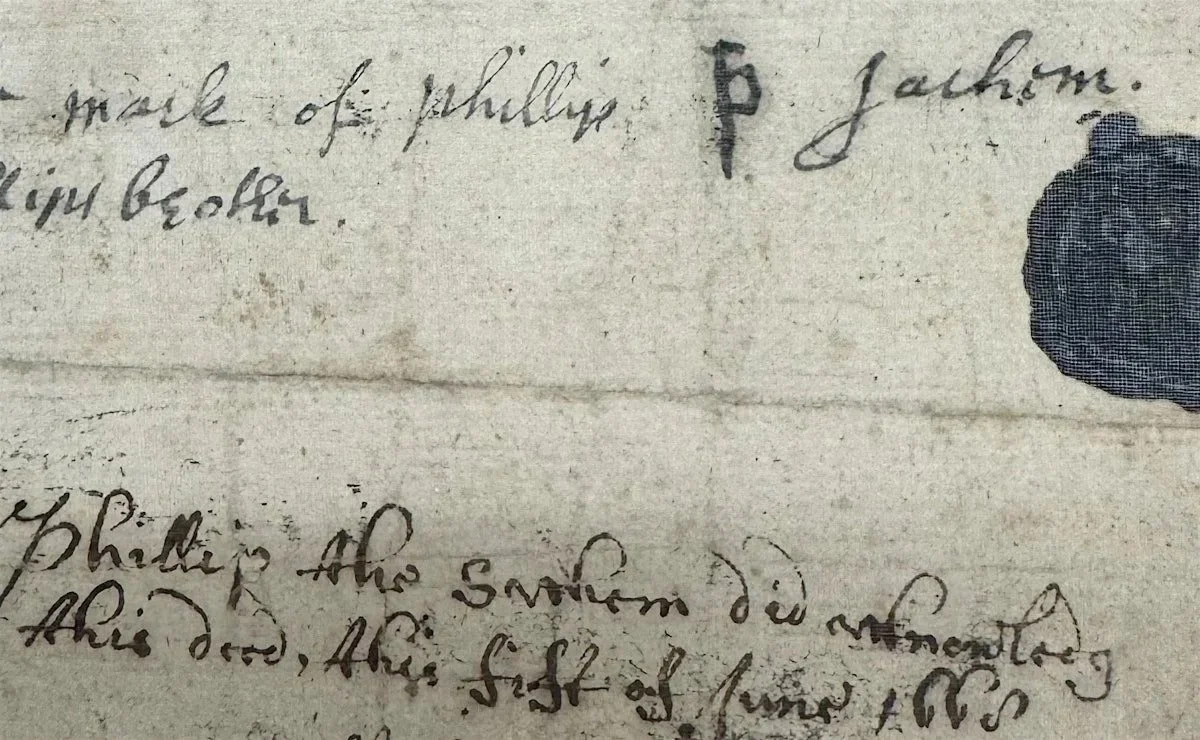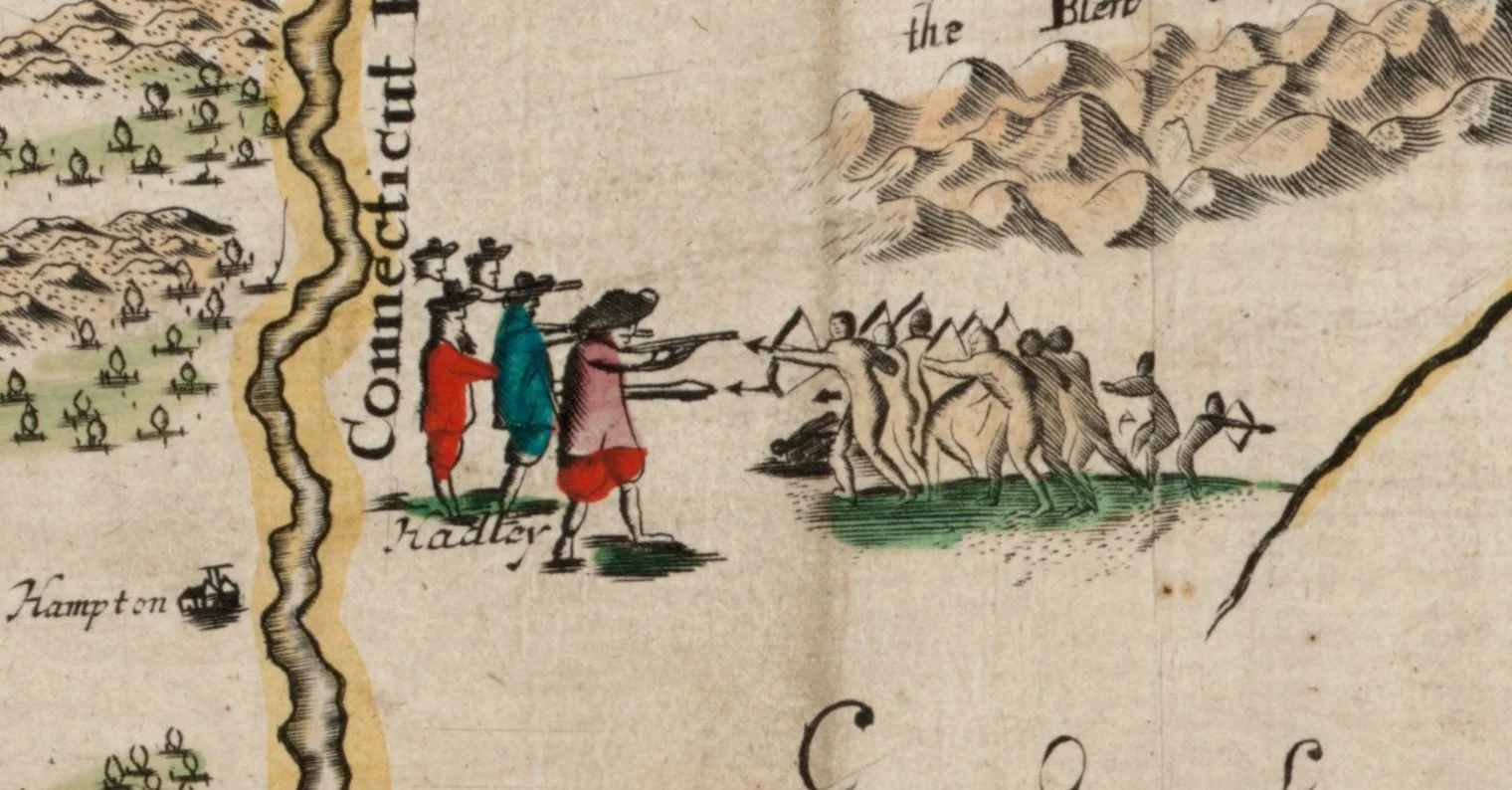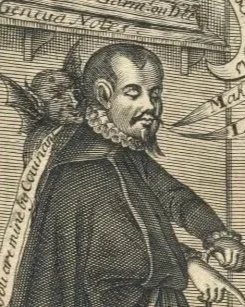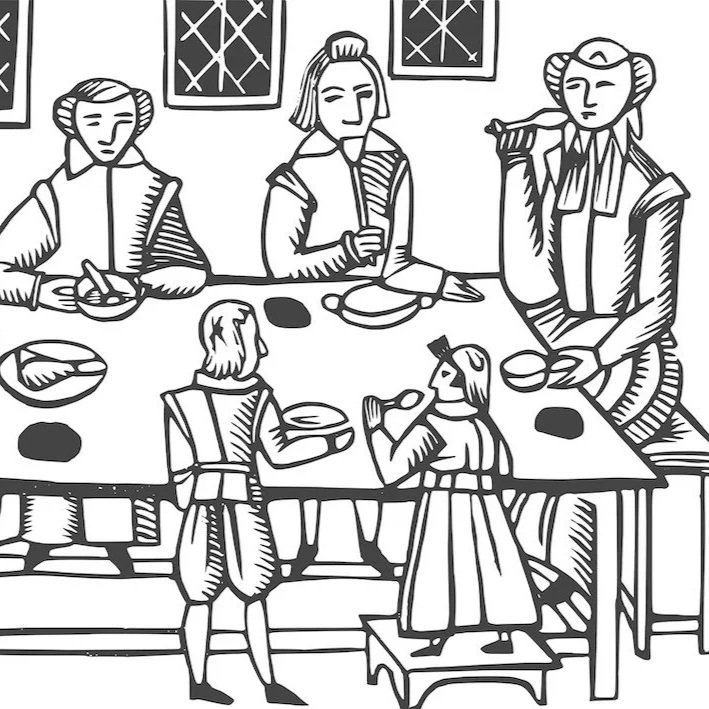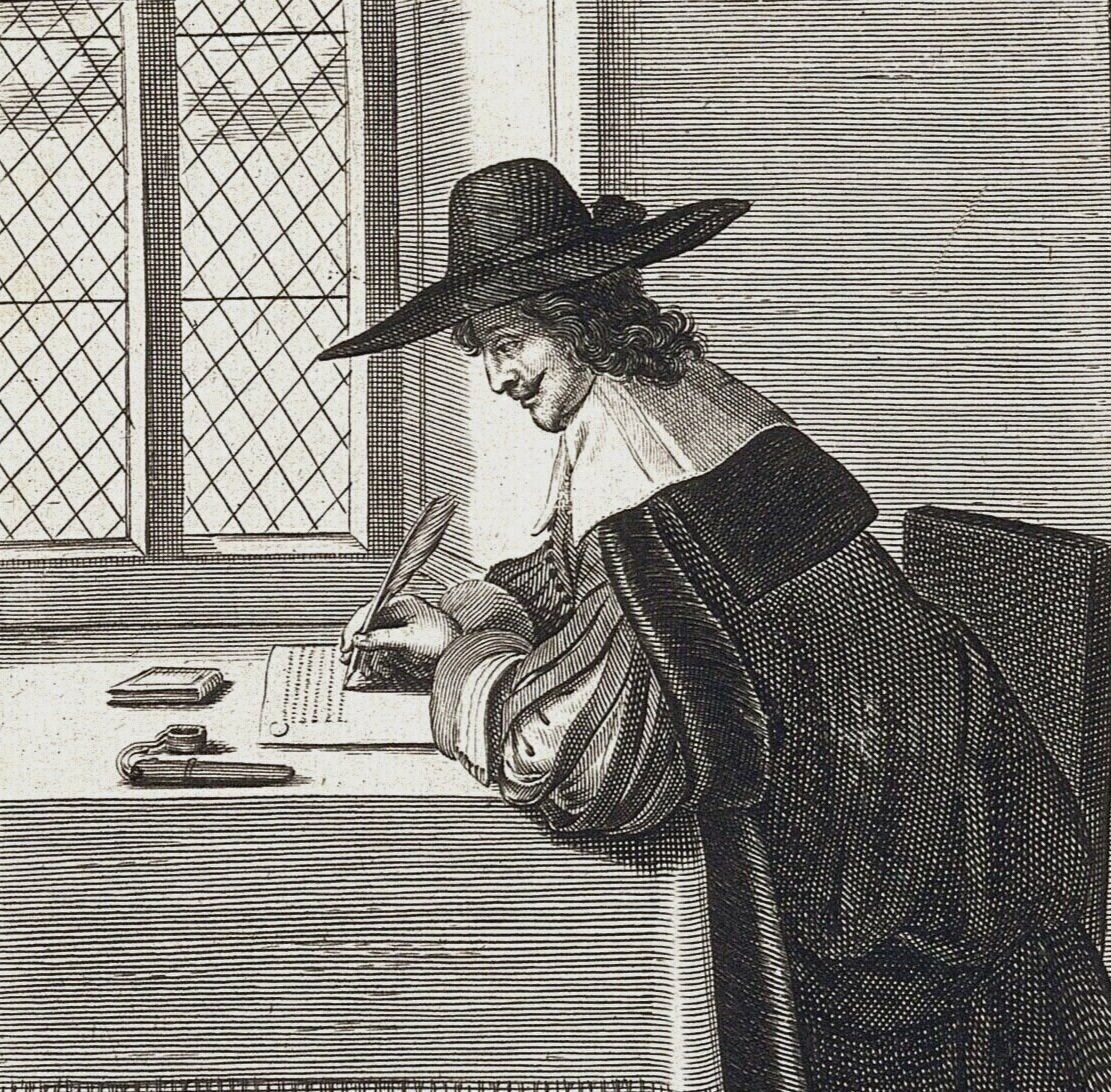
Join the 17th Century
Explore the story of early Boston, Massachusetts, and the wider 17TH century world
Our new series: Retelling King Philip’s War
If you are not Indigenous, chances are that you think of King Philip’s War - if you think of it at all - as a relic of the past, the very distant past, with nothing to do with us today.
But on its 350th anniversary, understanding King Philip’s War is more pressing than ever. Largely unknown, it was described by most historians as a wanton attack by savage Indians who left half of all colonial towns destroyed and dozens injured and dead, with many more captured. In this version of history, the colonial victory in southern New England brought God-given hegemony to the English. But what if we turn this history on its head? What if it was resistance, a fight for survival and dignity, not a wanton attack?
In Metacom’s Resistance, our new eight-part series, the Partnership of Historic Bostons proudly brings you a new telling of this most devastating of American wars. We look at the reasons why so few of us know of the war, or know only a partial view - like that of the triumphal monument to Captain William Turner, whose massacre of several hundred noncombatant Native people was deemed a great victory. We look too, at how, for Indigenous people today, the past is not past, but profoundly present.
And we see the costs of the war: the sale of enslaved Indigenous people to as far away as the Caribbean and north Africa; the mass killing of civilians; and the end to coexistence between English and Indigenous people and the near-death of Indigenous sovereignty. We ask: how should we reckon with this legacy?
Award-winning historians, Tribal historic preservation officers, independent scholars and Tribal citizens come together in Metacom’s Resistance to address these and other questions. We are honored to work with them all, as well as with supporting institutions.
No other program series will offer you this comprehensive, nuanced, electrifying understanding of one of the major events of the 17th century, fundamentally shaping New England and its people. Please join us, starting March 11 with an introduction to the war - what it was, who fought, why they fought - and running to May 28, when an inter-tribal panel examines the long legacy of this most bloody of wars.
Join us! Sign up now for each and every one of our eight events. We look forward to seeing you, and to hearing what you think.
This is the only known written record, in his own hand, of Metacom, or Philip, who marshalled Indigenous tribes in resistance to the colonial takeover of land and destruction of lives, livelihoods and Indigenous sovereignty. [Philip, sachem of the Wampanoag. Quitclaim by Philip, Rehoboth, MA]. From the collections of the John Carter Brown Library.
We need your help in telling a new history
Metacom’s Resistance: Retelling King Philip’s War and Its Legacy is our most ambitious program series to date, with the largest number of speakers and, in 2026, with mounting costs. As you know, PHB pays no rent and no salaries. Everything we do is carried out by volunteers. But we do have expenses… from our too-small honoraria to tech platforms to leaflet printing and travel for speakers.
If you want to see history programs that help turn mainstream history upside down, and challenges the story told by historians from Increase Mather to Edward Everett, support us! Your support will also help us continue the history of King Philip’s War into late 2026 and 2027, just as the war itself continued in northern New England until 1678, with a different outcome.
We need new tellings of history, to bring more voices into the limelight and to help us all understand our shared past. We need your help to do so.
Please donate here! Thank you for supporting 17th century Indigenous public history.
This small piece of a 1675 map, known as the Seller map, is the only surviving depiction of the fighting in King Philip's War, according to historian Jill Lepore. John Seller, "A mapp of New England" (London: And are to bee sold at his shop at the Hermitage in Wapping and by Iohn Hills in Exchange Alley in Cornhill, [1675]). Leventhal Map & Education Center, Boston

Events
hugh peter and the orphans
SAMUEL FULLERTON
ONLINE, WEDNESDAY, FEBRUARY 11, 2026, 7-8:30PM ET
Hugh Peter - Puritan minister in Salem, Cromwell’s chaplain - thought he was saving children when he brought a few dozen orphans to New England. But in a twist reminiscent of the “fake news” and conspiracy theories of today, Royalists reviled him, seeing the devil whispering in his ear and hatching only the most diabolical of plots. Join historian Samuel Fullerton in this utterly fascinating account of 17th century conspiracy theories.
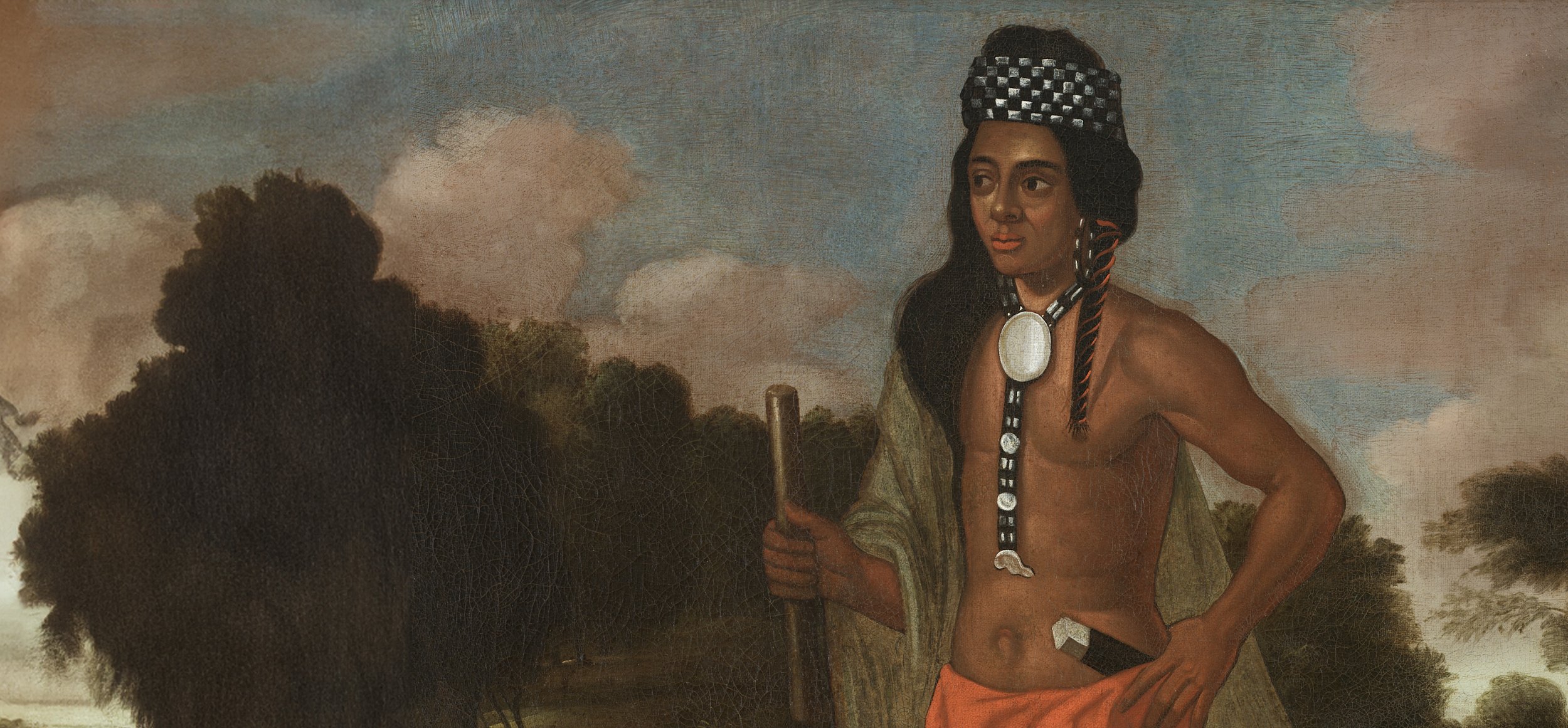
“We need a full and honest
reckoning with our history.”
— attendee, Tyranny vs Liberty series
Knowing the full picture
When we asked our audience why the 17th century mattered, they replied with gusto. “Knowing the whole picture can’t help but change what we think we are,” wrote one person. “The dispossession of Native nations has left a long painful legacy,” wrote an Indigenous woman. “We are today a ‘nation of rebels’,” wrote another person, “the outgrowth of radical protestantism.” What more did they say? Find out now!
are you a reader?
If your answer is yes, well - we are readers, too. That’s why we’ve created our READ page, to tempt you to read more! And here’s the latest book review, hot off the press. Our supporter David Achenbach gives us his take on Edmund Morgan’s The Puritan Family - still in print after 60 years, and just as readable, eloquent and insightful as ever. And don’t forget our virtual book club!
surprising revolutionaries
New England Puritans insisted on self-government, bearing with them their charter. They drafted the first American bill of rights, enshrining liberties which far surpassed any in the English-speaking world. Who would have thought that Puritans could be so revolutionary? Francis J. Bremer explores the 1641 Body of Liberties and its guarantee of due process, the right to protest, and equality under the law.
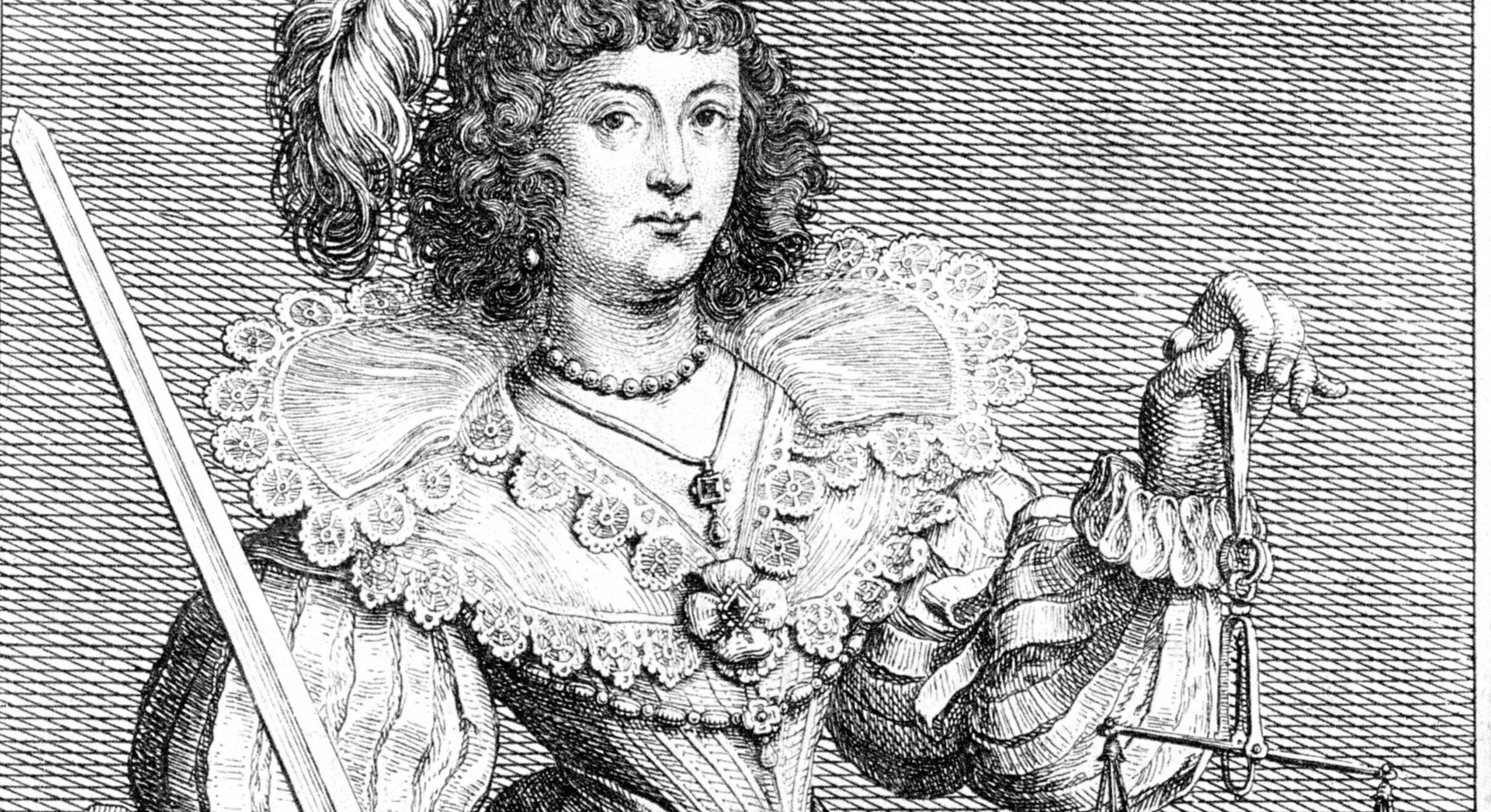
“This talk opened a new world for me.”
— attendee, ‘I Pledge Allegiance’: Sovereignty and Sanctuary in the Dawnland

